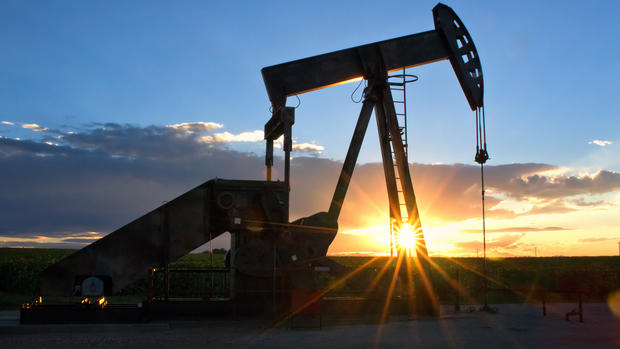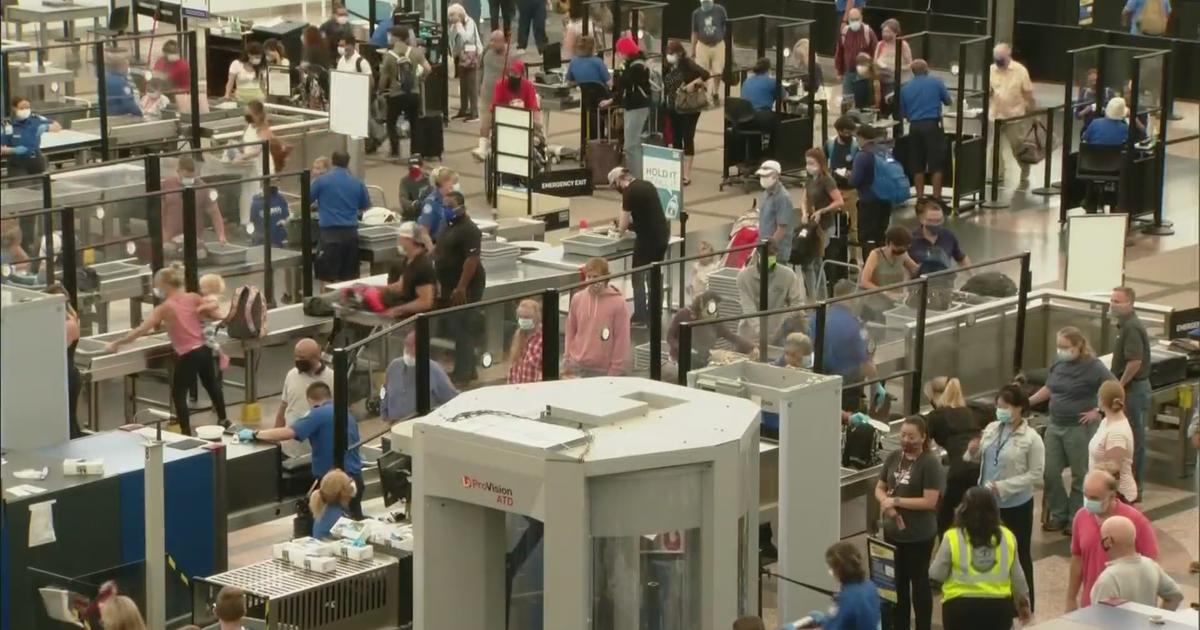More Colorado Oil And Gas Permits Will Get Additional Review After New Health Study
DENVER (CBS4) - A new health study has prompted a change in oil and gas permitting in Colorado. The study, commissioned by the Colorado Department of Public Health and Environment, involved a computer simulation using air samples gathered five years ago. Researchers from out-of-state looked at, hypothetically, what the health risks might be under different conditions.
It found that during a specific phase of drilling, under specific weather conditions, in specific parts of the state, there may be an elevated risk of short term health problems within 2,000 feet of a well. It did not find any elevated risk of cancer or other long-term health problems.
The health department says it cannot quantify how rare the possible short-term health problems might be.
John Putnam, Environmental Programs Director for the health department, says the state will do real-time monitoring, under the specific circumstances, to determine if there is an actual risk.
"This study confirms prior research, as well as our findings out in the field, that there is not an enhanced level of cancer but that there is a quite infrequent risk of short term effects like the dizziness, headaches and nosebleeds. They're quite infrequent but they're ones we take seriously enough that we're going to investigate further."
Toxicologists Mike Lumpkin and Tami McMullin say the level of chemicals detected in the study would not cause those problems. But as a precaution, Jeff Robbins, the director of the Colorado Oil and Gas Conservation Commission, says all permits within 2,000 feet of where people live, work and go to school will get additional review. Right now, permits within 1,500 feet of those areas receive more scrutiny. The change will affect an additional 39 permits.
Lynn Granger, executive director of the Colorado Petroleum Council, says policy should be based on real-time monitoring not computer simulations.
"Not only is this a worst-case scenario but it's based on modeling, it's not based off of monitoring -- actual monitoring of data. So I think that coupled with the worst case scenario just means we can't look at this and make sound policy and regulatory decisions base off of something like this. We'll continue to come to the table. We welcome folks to come out and do real time air monitoring."
Dan Haley, CEO of the Colorado Oil & Gas Association, says the study is also based on air samples from five years ago and a lot has changed in terms of the industry's ability to capture emissions, but he says the results aren't surprising.
"We are pleased to see this study bare out previous health studies and say what we've said all along -- that there are no long term health impacts related to oil and gas development. The industry welcomed and participated fully with those conducting the analysis across the state and in multiple oil and natural gas development areas."
Putnam admits the study had other limitations.
"This study looked at the effects of just one well pad at a time. However, the sampling we do on a regular basis is in the proximity of multiple well pads. We have not found those levels of concern. However we are going to investigate those issues as our next phase of trying to understand this issue and we will be out in the field looking at those questions."
The study was conducted by out-of-state researchers and cost the state $600,000.




